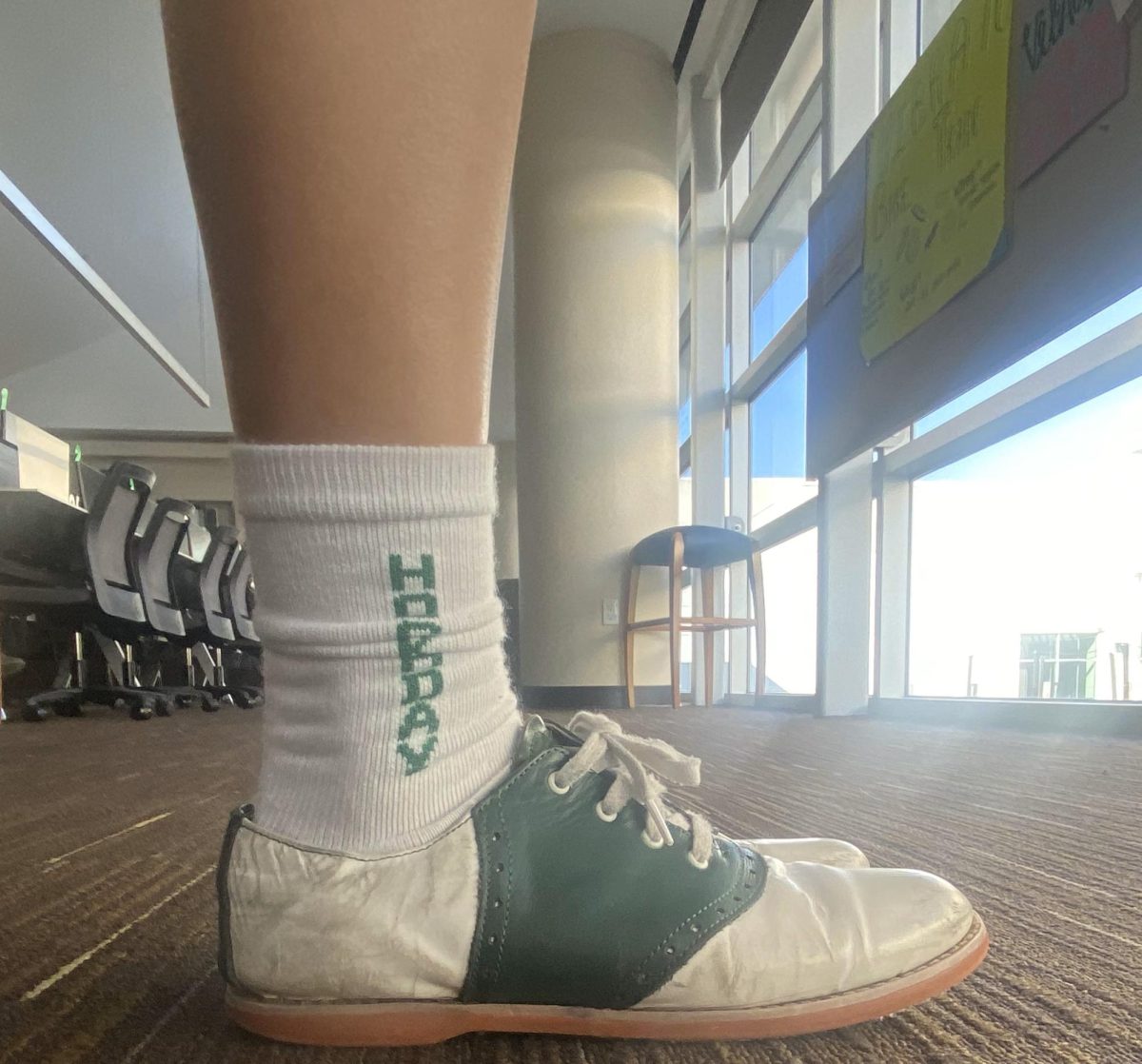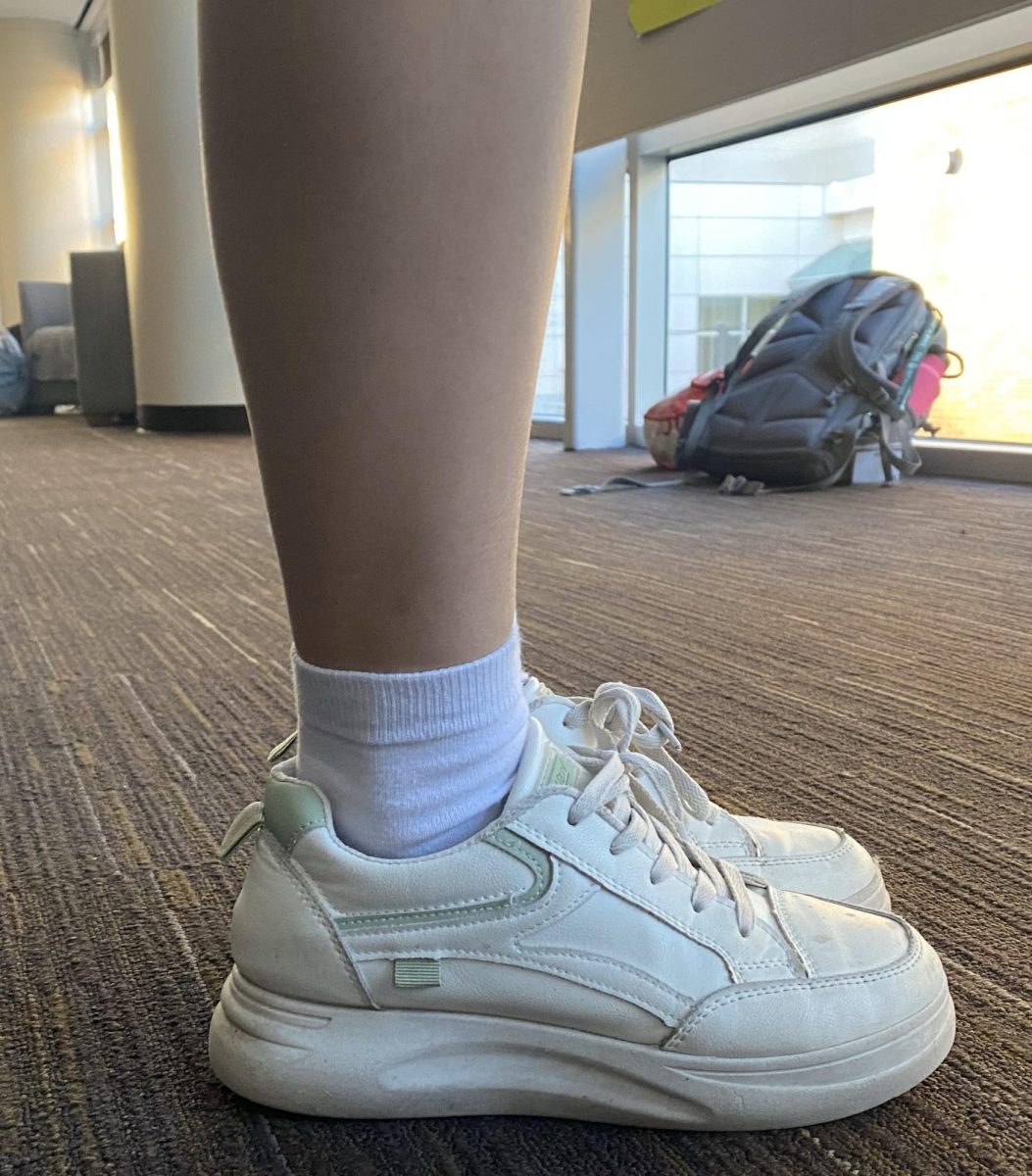[column size=one_half position=first ]
YES: Elizabeth Guo
Yale University’s Intercultural Affairs Committee sent out an email on Oct. 28, 2015 reminding students to be conscientious in their Halloween costume choices. They received a reply from the Silliman’s Associate Master Erika Christakis who told students who saw offensive costumes to “look away, or tell them you are offended.”
Yes, I agree that we can politely and patiently tell others when we feel hurt or offended. A grounded discussion can lead to healthy and productive conversation. But if you were to see something – for example, a cringe-worthy costume mimicking your culture in a derogatory way – would you simply “look away” and allow the offense to carry on? Or would you stand up against the discriminatory action?
We should make an effort to be respectful, aware and conscious of all cultures, and this is essentially what a politically correct mindset entails. However, a common misconception exists about political correctness. Some, including political candidate Donald Trump, see it as suffocating, limiting and unnecessary.
“I don’t frankly have time for total political correctness,” Trump said in August during the 2016 Republican debates. “And to be honest with you, this country doesn’t have time either.”
Earlier (and in tandem with his political correctness comment) Trump notoriously declared that the Mexican government was sending “drugs, crime and rapists” to the U.S., thereby succeeding in offending a significant portion of the American population. Eighty percent of Latinos in the U.S. now deem Trump “unfavorable,” according to a poll from the Washington Post.
Therefore, political correctness is not such a dispensable thing. The Merriam-Webster Online Dictionary defines “politically correct” as “agreeing with the idea that people should be careful to not use language or behave in a way that could offend a particular group of people.” As seen with Trump’s comment, throwing political correctness to the winds definitely offends people, leading to exclusion and marginalization. This is behavior that should not be morally justified.
Accordingly, politically correctness is not the same as jumping on every single comment made and silencing those with different opinions than our own.
Political correctness, then, needs to be seen as a way to combat prejudice and create a culture of empathy. When we make an effort to be politically correct, we are making an effort to understand where someone is coming from in order to avoid derogatory slurs and other harmful behavior. And when we address groups of people properly and respectfully, we are not only performing basic acts of politeness and decency; we are preventing the buildup of stereotypes.
Simple yet important reminders to be conscious of other people and cultures – which is what political correctness entails – are not an infringement on anyone’s First Amendment rights. It’s not that we should get rid of or ignore our free speech rights, but why should we, on a moral and civil basis, cheer on “free speech” that excludes and oppresses people? Political correctness gives traditionally marginalized groups in society the opportunity to voice how they want to be represented and treated. If our country does not have time for political correctness, we need to make time for it.
[/column]
[column size=one_half position=last ]
NO: Kate Clement
Students began demonstrating for their right to free speech to protest the war in Vietnam and in favor of civil rights in 1962, throwing political correctness to the winds as they fought for the right to express their opinions. In 2015, students are demonstrating for the right to silence individuals whose words might “harm” them, asserting that political correctness should be a policing force on everyone’s opinions but their own.
This push for “political correctness” threatens open learning environments and has diverted attention away from classes and into time-consuming, sometimes volatile and divisive arguments about overblown minutiae, like those at Missouri, Yale and Claremont McKenna.
Students at Silliman College at Yale University took offense when their Associate Master, Erika Christakis, responded to a school-wide email regarding Halloween costumes. The Yale email reminded students to not wear costumes that could potentially offend someone of a different political mindset, sexuality, religion or culture. Associate Master Christaki called into question the dwindling free speech, the real harm in self-expression and the need for safe spaces. In response, student protesters vilified her seeming ignorance of political correctness when she voiced her opinion, stating that she created an unsafe space for them and deserved to lose her job.
At Claremont McKenna College, a poorly phrased email from its Dean of Students, Mary Spellman, speaking of “students who do not fit our CMC mold,” caused a congregation of yelling, swearing students demanding the resignation of the Dean and the creation of specific spaces for minorities. The protesters were asking for protection of their own rights, but neglected the right of those who tried to stay out of the fervor, pressuring the school to support them or suffer consequences.
Protesters at Amherst College have gone as far as to officially demand that their administration declare that it will not tolerate pro-free-speech sentiment on campus.
Political correctness should not become the law of the land, but it should exist in a lesser form that does not serve as an excuse for militant agendas. There are unjust instances that merit a filter of political correctness. For example, in the South, overt prejudices are eliminated by political correctness. But, life isn’t fair. It’s illogical to become enraged by every small injustice, until it becomes the “boy who cried wolf” paradox at the big injustices. The struggle with being politically correct is that if you are trying not to offend one person, you are inevitably offending another.
President Obama has condemned these protesters, saying, “You don’t have to be fearful of somebody spouting bad ideas. Just out-argue ‘em, beat ‘em.” However, he acknowledged the merits in combating prejudice through constructive, diplomatic conversation, instead of through hateful protests.
Free speech is guaranteed by the Constitution; however, political correctness is a right many assert they are entitled to, trumping free speech due to past injustices. Paired with the term “microaggression,” this dogmatic movement is shaping a strong binary in our society that, left unchecked, may be toxic to ideals of freedom of speech on which our nation was founded.
At its most aggressive state, political correctness creates padded rooms that stagnate intellect and perpetrate minority differences as problems in our culture. We cannot tip-toe around these issues in fear of offending someone. We must face them, head-on, in order to eliminate their impact on future generations.
[/column]











